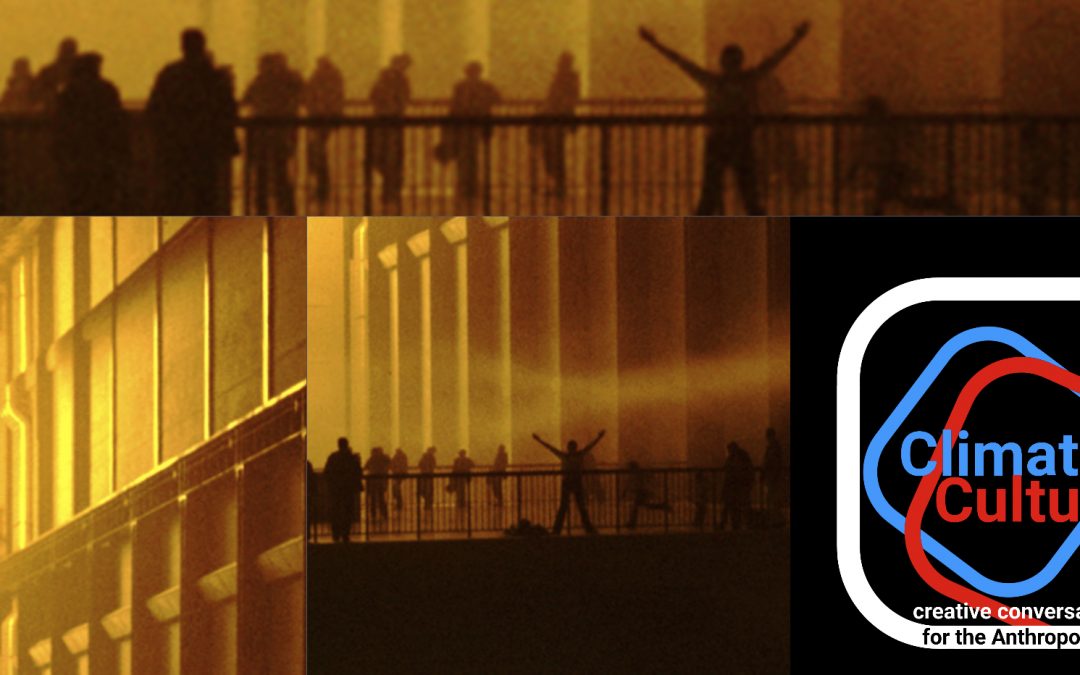I launched ClimateCultures back in March this year, as a personal response to the need for more dialogue on creativity and the cultural dimensions of our environmental and climate change challenges. It’s been a huge pleasure to see it take off, thanks to the interest and contributions from artists and curators in particular, and a growing community of social, cultural and scientific researchers too.
Of course, from my involvement with TippingPoint – where I helped organise major creative events from 2014-16 – and through taking part in Art.Earth’s initiatives such as Feeding the Insatiable last year and now In Other Tongues, I knew there was an appetite and a huge amount of work going on. And it has been great to see such a rich mix of creative minds actually getting involved!
Poets, painters, short story writers, sculptors, composers, performers, game designers, gallery directors, film makers, event creators and more have all posted examples of their work and demonstrated the passion and curiosity that help us move forward. And there’s more on the way, with the (free) membership growing all the time. From utopian thinking to marking landscape loss, from making counter-factual worlds to creating digital stories, from countering eroding languages to making visible our hidden pollution, from protecting natural places to celebrating cultural spaces, and from tackling our monsters to managing our wicked problems – there’s plenty to explore and contribute.
In ‘A History of the Anthropocene in 50 Objects’, we have a rolling creative challenge for members to illustrate their relationship with the past, present and future of this new and hotly debated ‘Age of Human’. What three objects would evoke your personal timeline of the Anthropocene?
In our new Book Club, we will be discussing the works that could help shape better ways to think and act and be through these times of change. And we review books, films, events and other sparks that have provoked our personal shifts of consciousness.
In ‘Views from Elsewhere’, we take new and interesting writing from the blogosphere and beyond and make it easy for creative minds to catch up on cultural and research perspectives.
The cultural ecosystem is generative and enlivening, and ClimateCultures is one small part of this creative drive. Do check it out at https://climatecultures.net, join the conversation and let our complementary networks and projects spill over into each other.
Mark Goldthorpe
Editor, ClimateCultures.net
mark@climatecultures.net

